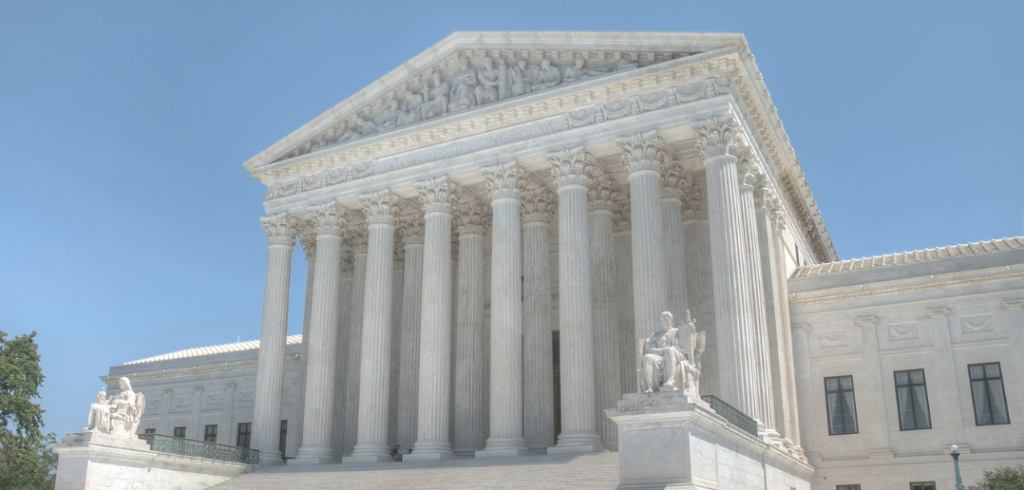On May 4, Fordham Law School Dean Matthew Diller moderated a panel discussion hosted by the New York County Lawyers Association that focused on the legal impacts of the recent leaked U.S. Supreme Court draft opinion that could overturn the constitutional right to abortion in America.
The event, “Abortion Rights: Litigation, Responses and Foreshadowing the Direction of the Supreme Court?” included three panels, each featuring experts on different elements of law and reproductive justice. Panelists included Brigitte Amiri, deputy director of the ACLU’s Reproductive Freedom Project; Jenny Ma, senior staff attorney with the Center for Reproductive Rights; and Sarah Mac Dougall, associate staff attorney at Planned Parenthood.
The keynote address was presented by Kathryn Kolbert, author of Controlling Women: What We Must Do NOW to Save Reproductive Freedom (Hachette, 2021), and a public interest attorney who argued Planned Parenthood v. Casey before the Court in 1992.
The event’s third panel, moderated by Dean Diller, examined what the draft opinion leak would mean for the future of constitutional protections for reproductive rights and the state of the Court. The panel featured Fordham Law Professors Thomas Lee and Tracy Higgins, as well as Elizabeth Sepper, a professor at the University of Texas Law School.
Diller began the panel with a question to the panelists about the significance of the leak at the Supreme Court, which was first published by Politico on May 2.
“It’s unprecedented,” said Lee. “A full draft opinion has never been leaked before.” The leak is significant, Lee said, because justices sometimes change their position on an issue as a draft moves through revision. But, now that the draft is public, the justices could be open to influence by public pressure and unwilling to change course.
“[A Justice] may have voted a certain way in conference and then may have second thoughts,” said Lee. “But when draft opinions get leaked, the trust erodes and that process is changed.”
Diller also asked the panelists to comment on the content of the draft and what it says about the Supreme Court’s approach to women’s equality issues, noting that it included “extremely little discussion of women and the burden of pregnancy on women.”
Higgins echoed the same sentiment, stating that, “To the extent that [the draft]talks about women at all … it is incredibly brief.”
Higgins also discussed originalism, the legal methodology used in the draft opinion by its author, Justice Samuel Alito. In the draft, Alito writes that “history and tradition” should guide the courts decisions and that there had been no history of abortion rights in either state or federal case law until much later in the country’s history.
However, Higgins says, because women did not have political power at the time the U.S. Constitution was written, women’s rights were not likely to be reflected in the document.
“If you’re defining the scope of liberty by looking at what was prohibited or not in the 19th century—when women overwhelmingly were not able to vote, and married women were not considered independent members of society in important ways—then it should not surprise us that the laws of the 19th century do not reflect women’s concerns.”
The danger, Higgins says, is that this type of analysis may perpetuate the further marginalization of women’s rights. “If we engage in this backward-looking analysis and methodology, we end up with a set of rights that are not well suited to protect liberties that women care deeply about.”

